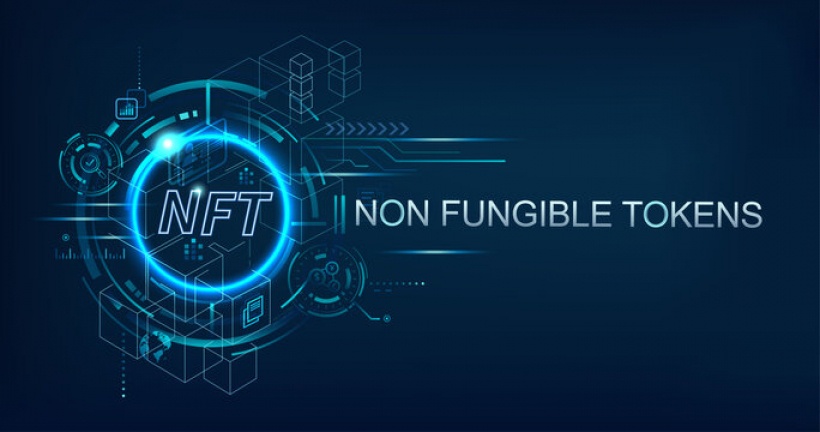The Non-Fungible Token (NFT) market has taken the world by storm, revolutionizing the way we perceive and trade digital assets. From art and music to gaming and virtual real estate, NFTs have unlocked a new era of digital ownership and creativity. For entrepreneurs and businesses considering venturing into NFT development, understanding the cost implications is crucial. In this blog, we will delve into the factors that influence NFT development cost, explore the key components, and provide insights into the investment required to bring unique digital assets to life.
Smart Contract Development
At the heart of every NFT lies a smart contract, a self-executing code that governs the token's properties, ownership, and transaction rules. Developing secure and audited smart contracts is a fundamental aspect of NFT development. The complexity and functionality of these contracts can influence the overall cost of the project. Additionally, using reputable and well-established blockchain platforms like Ethereum might incur higher fees due to network congestion and gas costs during peak periods.
Front-end and User Interface Design
A user-friendly and visually appealing user interface (UI) is crucial to attract and retain users on an NFT platform. Investing in a high-quality front-end design enhances the user experience, making it easier for creators to mint and list their NFTs and for collectors to discover and purchase digital assets. The cost of UI/UX design and development depends on the complexity of the platform's features and the level of customization desired.
Security Audits and Testing
Security is paramount in the blockchain space, especially when dealing with valuable digital assets. Conducting comprehensive security audits and testing ensures that the smart contracts and the overall platform are free from vulnerabilities. Engaging experienced security auditors and experts may add to the development cost but provides the necessary assurance of a secure and reliable NFT marketplace.
Token Minting and Transaction Fees
Minting NFTs involves creating unique tokens on the blockchain, and this process incurs transaction fees. The cost of minting depends on the blockchain platform chosen and its associated fees. Ethereum, as the most popular platform for NFTs, is known for its high gas fees during peak times. Alternative blockchains like Binance Smart Chain or Flow might offer more cost-effective solutions.
Payment Integration and Wallet Connectivity
Integrating payment gateways and cryptocurrency wallets on the NFT platform enables seamless and secure transactions. The cost of payment integration varies depending on the chosen payment providers and the complexity of the integration process. Some platforms offer built-in wallet connectivity, while others might require additional development efforts to support various wallets.
Community Building and Marketing
Community building and marketing are crucial components of any successful NFT project. Engaging with creators, collectors, influencers, and potential users through social media, forums, and events requires an investment in time, effort, and sometimes financial resources. Marketing campaigns, partnerships, and outreach initiatives play a significant role in driving traffic and generating interest in the NFT marketplace.
Legal and Intellectual Property Costs
Navigating legal and intellectual property considerations is essential in NFT development, especially when dealing with copyrighted content or licensing agreements. Seeking legal advice and ensuring compliance with copyright laws may involve additional costs.
Platform Maintenance and Upgrades
Once the NFT marketplace is launched, continuous maintenance and updates are necessary to ensure its smooth operation and user satisfaction. Regular upgrades, bug fixes, and improvements to the platform can incur ongoing expenses.
Conclusion
NFT development cost varies significantly based on the complexity and scope of the project. Building a successful NFT marketplace requires investment in smart contract development, front-end design, security audits, and payment integration. Additionally, ongoing marketing efforts and community engagement are essential for driving user adoption and platform growth.
While NFT development involves initial expenses, the potential for revenue generation through transaction fees, secondary sales royalties, and community-driven growth offers promising returns on investment. As the NFT market continues to evolve, staying updated with technological advancements and market trends is crucial to maintaining a competitive edge.
Investing in NFT development not only unlocks new opportunities for creators and collectors but also contributes to the ongoing transformation of the digital economy. By embracing NFTs and investing in their development, businesses and entrepreneurs can be at the forefront of the digital revolution, empowering individuals to truly own and value their digital assets in unprecedented ways.


No comments yet